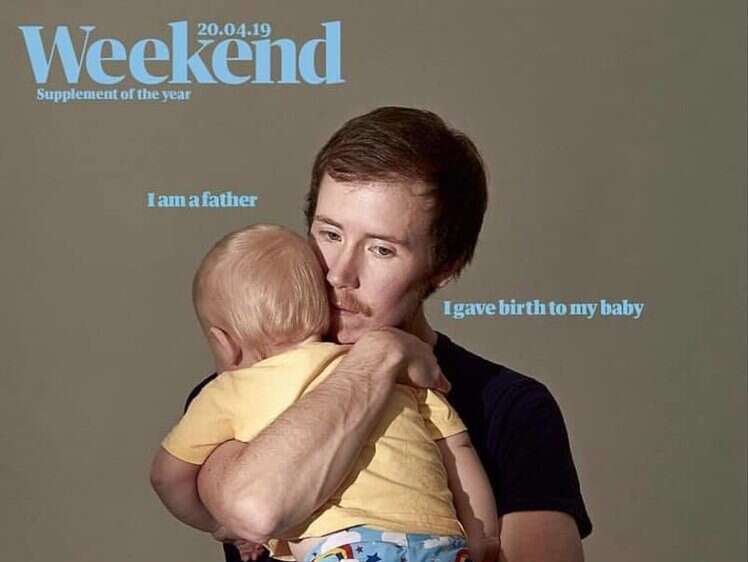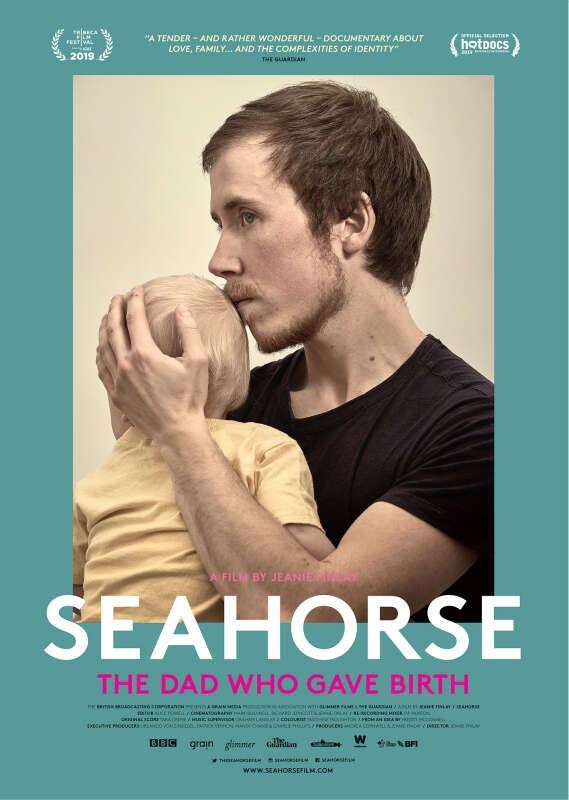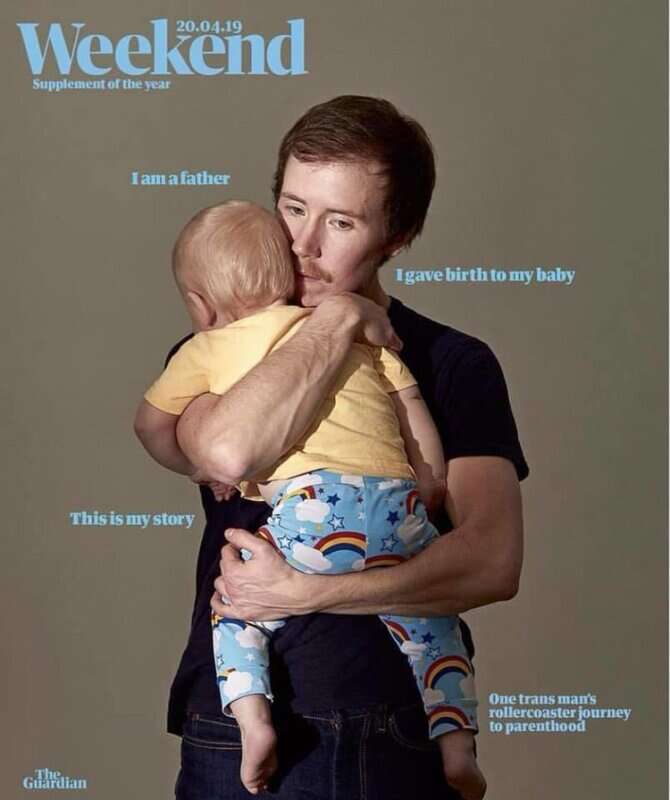
The publishers of the Daily Telegraph, Daily Mail, Sun and Daily Mirror have won the right to name a transgender man who is fighting a legal battle to be registered as “father” on his child’s birth certificate.
Guardian journalist Freddy McConnell launched a judicial review against the General Register Office after a registrar insisted he must be listed as “mother” on the certificate because he had given birth to the child.
A judge granted anonymity to McConnell and his child at the first hearing in June last year, with McConnell and his child referred to in media reports as TT and YY respectively – the child’s name is still being withheld.
A ruling on the case, which could set a new legal precedent, is expected soon following a main hearing in February.
Since then, lawyers involved in the case have found out McConnell had for the past three years been involved in a documentary, Seahorse, about his journey to fatherhood through IVF treatment.
The film identifies McConnell, shares his intimate thoughts about the process of conception, pregnancy and giving birth, and includes footage of him giving birth.

Seahorse documentary poster
He has also subsequently been pictured and named in a Guardian article about giving birth as a trans man.
Telegraph Media Group, Associated Newspapers, News Group Newspapers and Reach applied to the court in May to remove McConnell from the anonymity order, while keeping the ban on directly naming his child.
Gervase de Wilde, who was instructed by the Telegraph to put the publishers’ joint case to the court on 27 June, said considerations arising from the Article Eight right to privacy under the European Convention on Human Rights were at their “most minimal” due to the amount of information about McConnell which is already in the public domain.
He said the argument in favour of privacy could “no longer be sustained” as the “self-generated” publicity by McConnell meant the only information still subject to the injunction was the fact he was the claimant in the case.
Any hostile comments or personal threats towards McConnell that may arise from reports of the court proceedings could be tackled through “various means of protection under the law” or the Editors’ Code of Practice, he went on.
De Wilde argued there was a “genuine public interest in making the link between the known individual whose story is told in the documentary and the consequent legal issue that he has raised in the judicial review proceedings”.
This public interest relates to transgenderism in general as well as this particular issue of birth registration, he added.
Catrin Evans, representing McConnell, told the court there was a “critical” distinction between the likely consequences from the film and related publicity versus what would follow from him being named as the claimant.
She claimed it is the “business of the press to sensationalise stories”.
“The potential for greater sensationalism than will result simply from broadcast of the film is plain as it would be tied to the result of these proceedings, whatever that is, coupled with the broadcast of the film – the result will therefore be cumulative,” she said.
Evans added that the potential for McConnell to be the victim of online trolling, doorstepping by the media or “other behaviour that is likely to cause him distress” is “all too plain”.
She also said it was not necessary for the press to name McConnell, claiming previous reports of proceedings had not suffered just because the subjects were anonymous.
Michael Mylonas, representing the child, also argued that the media story would not benefit from identification.
He added that “the possible adverse consequences for the child were extreme”, pointing to the potential for playground bullies.
In his judgment, Sir Andrew McFarlane, president of the Family Division of the High Court, found “firmly” in the media groups’ favour to name McConnell, saying his starting point must be in favour of openness rather than privacy.
He said there is a “genuine public interest in the question of law and human rights which lies at the centre of this case”, and this would be enhanced even further by linking McConnell’s experiences in the film with his court proceedings.
Regarding the child, Judge McFarlane said much of the material which identifies his father as a transgender man who has been pregnant and given birth is already available to the public, while his young age means any impact on him is unlikely to be felt for several years.
After the judgment was published today, McConnell said in a statement: “Protecting my child has always been and will always be my number one concern. This was the purpose of the anonymity order.
“Now that my anonymity has been lifted, I embrace the opportunity to draw focus onto the need for equality in this area of the law. All children should be able to have their legal parents correctly and accurately recorded on their birth certificates.”
The full judgment can be read here.

Guardian Weekend front cover 20 April 2019
Email pged@pressgazette.co.uk to point out mistakes, provide story tips or send in a letter for publication on our "Letters Page" blog
